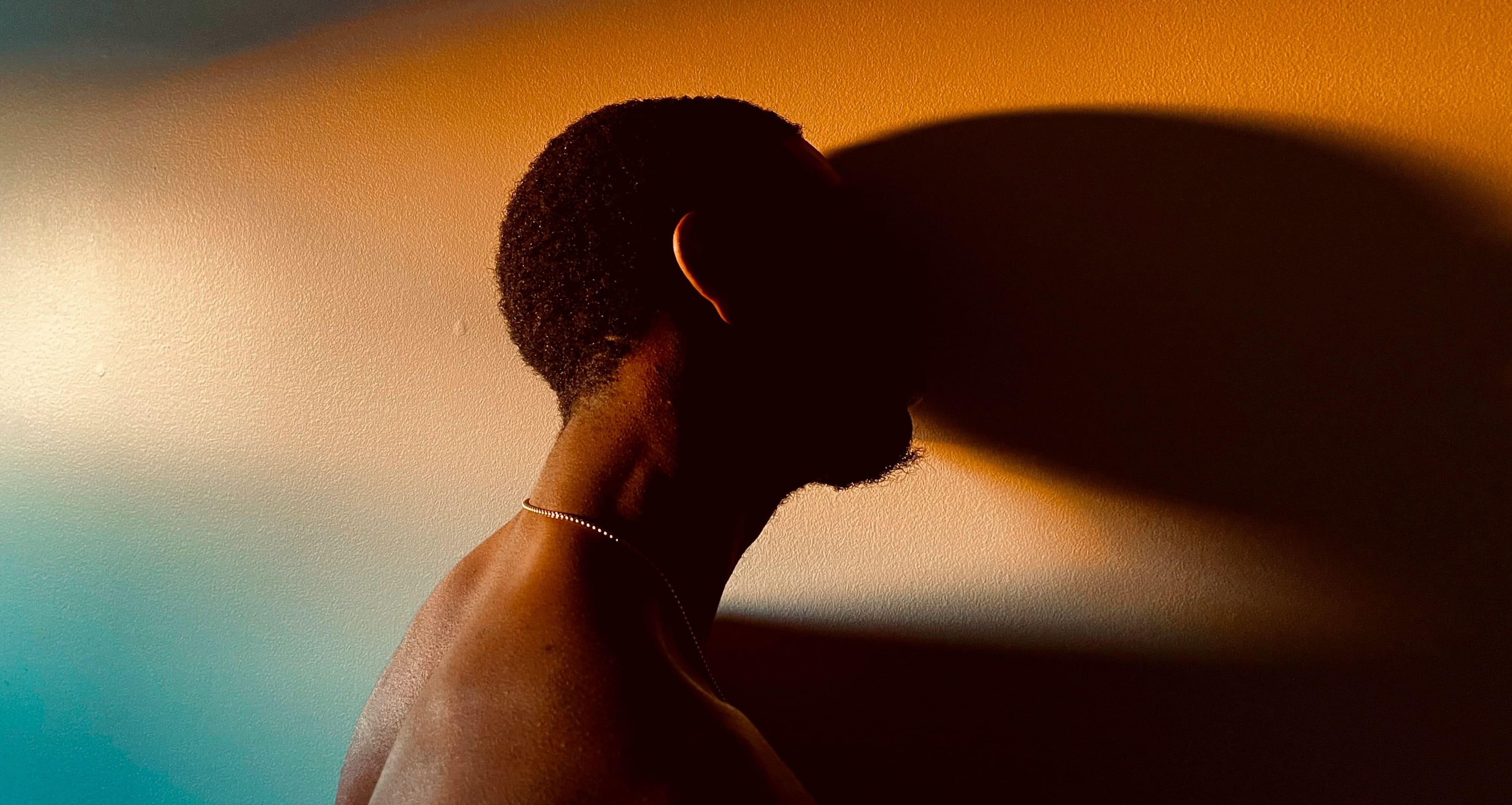Self-esteem refers to how we feel about different aspects of ourselves. Our personality consists of two selves: our real/true self and our ideal self. Our ideal self/false self is who we should be according to what our parents, society and environment want us to be. Our true self, however, is who we really are, including our strong and weak points. Self-esteem comes from being able to have a realistic view of ourselves and identify our strong and weak points, being proud of the former, while accepting the latter. When you have low self-esteem, you may:
- Feel worthless
- Dislike or hate yourself
- Judge yourself harshly
- Be unable to recognise your strong points
- Blame yourself for anything
- Find it hard to assert yourself and say no
- Feel like no one likes you
- Lack confidence
- Find it hard to form relationships or name any you have
When you have low self-esteem, you may feel desperate to please others and try to make others like you. This may result in the loss of even more of your confidence, since it is not realistic to adapt yourself to others' wishes all the time. Often, people tell me that they don’t know who they are and that they have lost themselves. That’s because they have constantly tried to accommodate other people’s needs, causing them to lose touch with their own true self. This can be very exhausting and lead to anxiety, depression, emptiness, and feeling like a fraud.
How does self-esteem develop?
It starts in our childhood and is shaped by the way we develop and grow up. Parents and other caregivers play a significant role in how your view of yourself is shaped. In order to feel good about yourself, you need to have a sufficiently positive environment in which to grow, and where you can be yourself, with all your strong and weak points accepted and appreciated.
The process begins when parents nurture their baby at the beginning of her life, so that she feels perfectly content and satisfied with the care she receives. In turn, she is able to develop on her own terms, not her parents’.
In a normal environment, a child feels like ‘royalty’, as she is surrounded by her parents’ huge amount of love and affection. The world revolves around her. She can do whatever she wants, whenever she wants. However, as she grows, the love of her parents will be modified, while some boundaries will be imposed to help her to learn acceptable behaviours. The child may still feel special, but not overindulged. Too much overindulgence, as well as too much strictness, can affect the child’s self-esteem later in life. From this point onwards, the child learns and internalises what is normal and what is acceptable to her family and society, as well as appreciates the fact that she is not able to do whatever she wants. This creates a moral consciousness in the child. As such, she feels rewarded if she does something good, while feeling guilty when behaving badly. As an adult, she receives validation from outside. By recognising that she’s being valued by others, her self-esteem strengthens.
How does it go wrong?
Low self-esteem is a response to a traumatic event (or events) that can occur at various points in your development. The earlier the trauma(s), the more severe the low self-esteem. Traumatic events may include:
- Punishments and neglect
- Emotional or physical abuse
- Having parents with high standards and expectations
- Being on the receiving end of a caregiver’s distress
- An absence of warmth and affection
- Being bullied or being the ‘odd one out’ either within the family or outside
- Constantly being compared to other children or people
- Being made to feel that you’re not good enough
There are many more reasons why you may form negative beliefs about yourself and carry them into your adulthood. If there is an excess of negative experiences in childhood, then it is more likely that the child will develop low self-esteem later on in life.
The effect of low self-esteem on relationships
Forming relationships can be difficult for people with low self-esteem. When we have a low opinion of ourselves and dislike ourselves, we often attract the hostility of others, while positive interactions can become confusing for us, as we are unable to see ourselves as desirable or deserving. It can also be difficult to sustain close relationships because the other person may find out about our flaws. At the same time, as people with low self-esteem are usually afraid of rejection, they tend to reject people before they get rejected.
How does therapy help?
By creating a close relationship with the patient, the therapist seeks to understand and work on possible deficits that the patient may have experienced in childhood and in previous relationships. Therapy provides a relationship that is containing and trusting, whilst challenging. Longer-term therapy tends to create a deep connection between the patient and the therapist, which means that these deficits can be worked through and a secure basis can be created for the patient.







